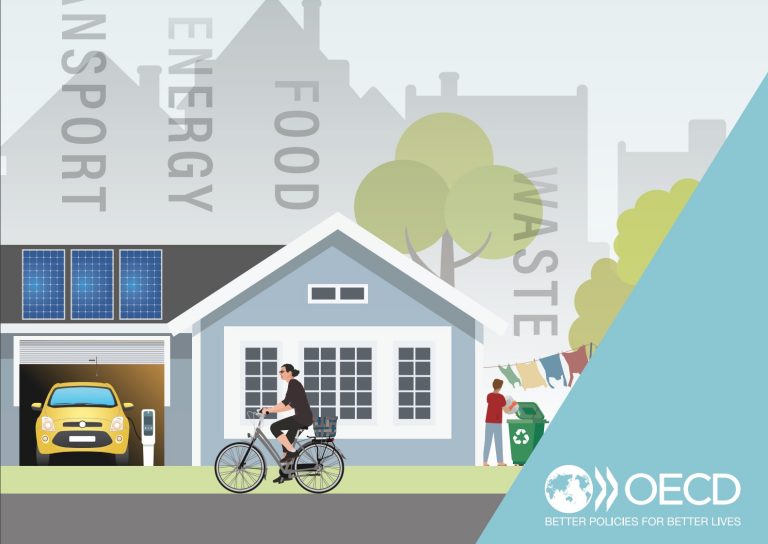[Paper] Who Benefits From Civic Technology?

Who Benefits From Civic Technology? Demographic and public attitudes research into the users of civic technologies
Rebecca Rumbul, Head of Research, mySociety
October 2015
mySociety, 31 pages
mySociety’s longterm mission is to understand the impacts of civic technologies. But before they can be fully examined, we need better provision of the baseline facts.
This research seeks to begin at the beginning, asking the most basic questions about who actually uses civic technology and why. Gathering data from civic technology groups from around the world, it shows the variations in usage of civic tech across four core countries (US, UK, Kenya and South Africa), and records the attitudes of users towards the platforms they are using.
Abstract
Online and digital technologies that enable citizens to hold governments to account, known as civic technologies, are proliferating at a steady rate around the world. The potential for these platforms to invigorate citizen engagement, increase transparency, and broaden public debate has been recognised not only by those in civil society, but by governments, by development agencies, and by philanthropists. There is, however, frustratingly little evidence to demonstrate the real-world impact of such platforms. Indeed, there is a paucity of robust research on any aspect of civic technology.
This report seeks to take a first step towards illuminating the world of civic technology. Whilst answering important, but complex questions concerning the impacts of civic technology is mySociety’s ultimate research goal, this research sought to begin at the beginning, asking the most basic questions about who actually uses it and why. Only by knowing who is using civic technology can we begin to understand what, where and how significant the impact of civic technology can possibly be.
This report is based on original research, funded by the William and Flora Hewlett Foundation, conducted by mySociety, and in partnership with civic technology groups from around the world. It shows the variations in usage of civic tech across four core countries (US, UK, Kenya and South Africa), and records the attitudes of users towards the platforms they are using. The report identifies a number of areas for further research based on the data collected, and concludes with a discussion on the implications of the findings that should provide much food for thought to civic technologists, governments and philanthropic organisations.
Headline findings
- Civic technology is used by a wide spectrum of individuals, but there are big differences between countries, especially when comparing developed countries to developing countries.
- Generally, more men than women use civic tech (although this isn’t the case in the USA).
- In the USA and UK, civic tech users tend to be above the age of 45 (over 70%) and well educated: to degree level or higher.
- In Kenya and South Africa, civic tech users tend to be under the age of 45, and more individuals without higher educational qualifications participate through these platforms.
- Comparative to population of each participating country, users from ethnic minorities are under-represented.
- Confidence in civic tech websites is very high. In each country surveyed, an overwhelming majority of individuals (over 85%) believed that these websites help them to hold the government to account, and believed that the government would behave differently if they were unable to see the information contained on these sites. On average 97% of users would use these sites again.
mySociety
mySociety is an international not-for-profit social enterprise based in the UK, where it runs a number of projects designed to give people the power to get things changed. mySociety invents and popularises digital tools that enable citizens to exert power over institutions and decision makers, and works internationally to support partners who deploy our technology in countries around the world. As one of the first civic technology organisations in the world, it is committed to building the civic technology community and undertaking rigorous research that tests our actions, assumptions and impacts.



